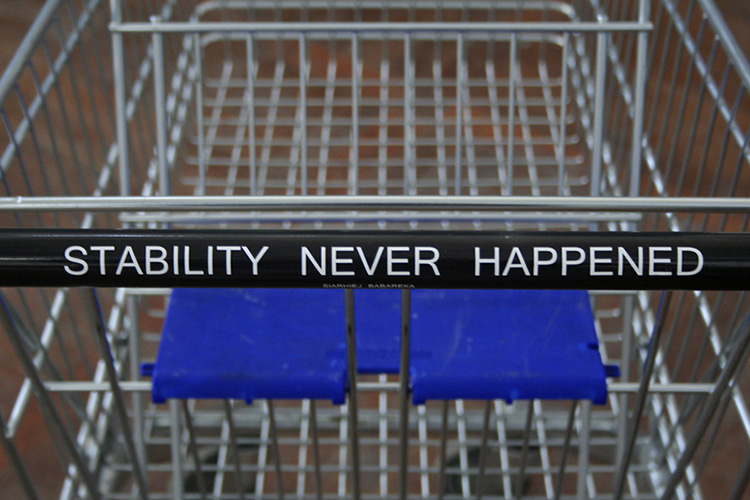
TO CREATE A BRAND NEW UNKNOWN BELARUS
Valancin Akudovič is a Belarusian philosopher, poet and literary critic. He is the author of such books as «I am Absent. Reflections on the Ruins of the Human» (1998), «To Destroy Paris» (2004), «Conversations with God» (2006), «The Code of Absence» (2007), «The Book of Nothing» (2014) and others

BELARUSIAN MUSEUM OF THE SOVIET: OWN PLACE IN THE EPOCH
Is a (post-) Soviet Museum or the Museum of the Soviet necessary in Belarus? What form can it take, and how would it differ from similar museums in other former Soviet bloc countries?
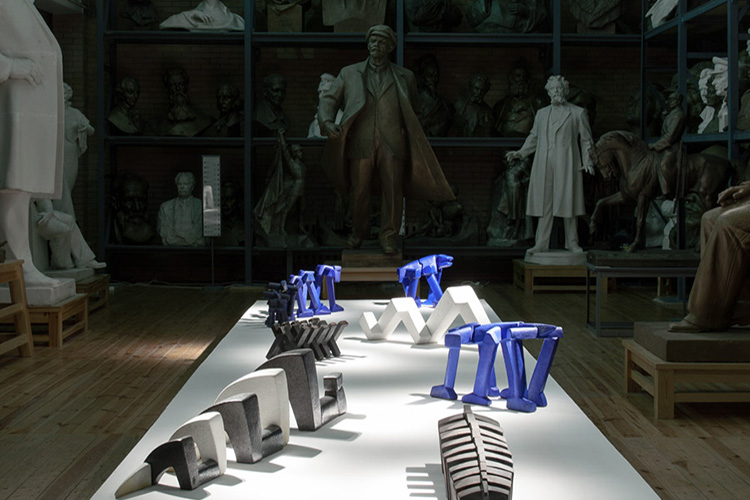
MUSEUM: LOOKING FOR IDENTITIES
On June, 18 in CECH art-space the discussion «Museum of the Former Soviet Union: Time for Change?» was held on the occasion of the publication of a new issue of the «pARTisan» almanac dedicated to the theme of the museum in the former Soviet Union
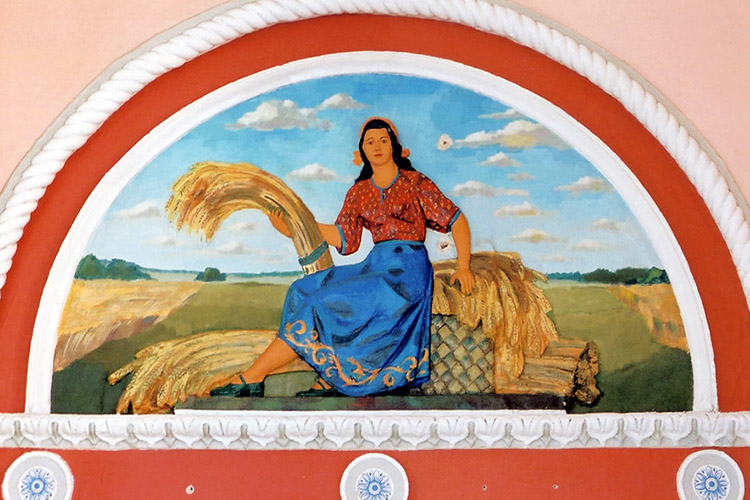
WALKING AROUND AN IMAGINARY MUSEUM-DISNEYLAND
Is there in today’s Minsk a museum that can compete in the uniqueness of its exposition with the collections of world famous museums? We hardly need to expect a positive answer — Artur Klinau speaks about Minsk museums’ reformatting
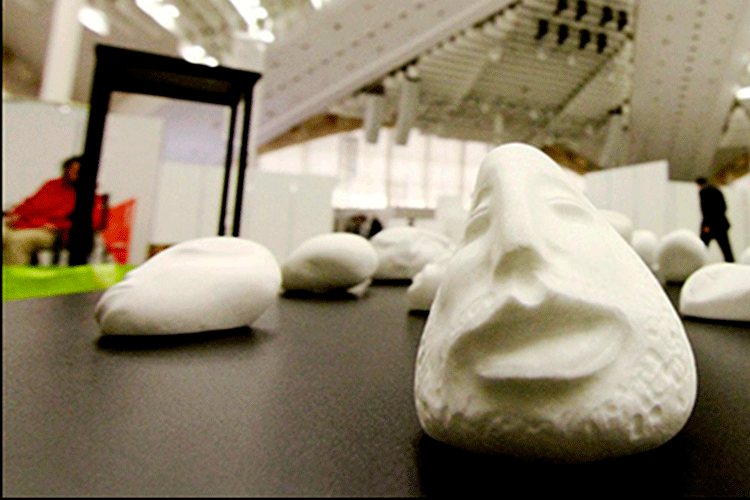
NOT LEGITIMATION, BUT — IMITATION
What is happening with contemporary art in Belarus: does it use guerrilla tactics or is it becoming colonized, being transformed into local «mainstream»?

SUBVERSIVE PRACTICES OF CONTEMPORARY ART IN BELARUS
To counter the dominance of ideology in the public consciousness, the Belarusian independent community more and more often articulates the idea of having a public platform where agonistic competition among different discourses would be possible. The rivalry among them would thus generate new meanings. Contemporary art becomes one of such platforms. This kind of intervention can be seen if one looks at three events in Belarusian contemporary art: the art of the painter called A.R.Ch (A.R.Č)., the project by Marina Naprushkina (Maryna Napruškina) «Anti-propaganda Bureau», and the exhibition of Zhanna Gladko (Žanna Hładko) works «Inciting Force»
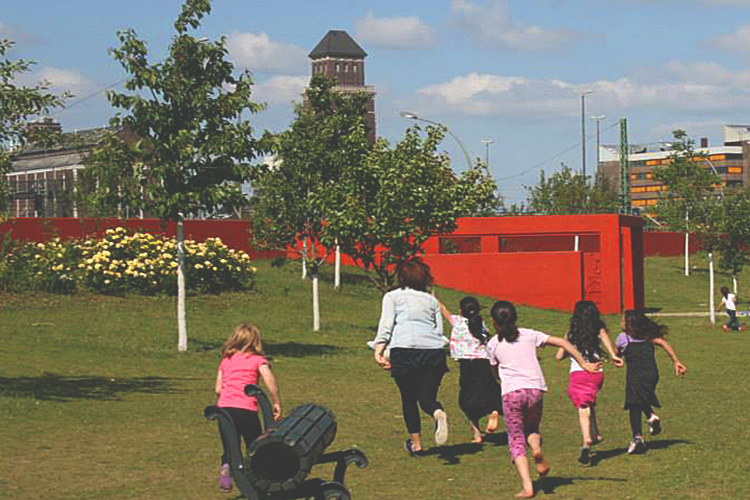
MARINA NAPRUSHKINA: IT IS A PARALLEL WORLD
A year ago Marina Naprushkina, a Belarusian artist and author of the project Office for Anti-Propaganda who has been living and working in Berlin for a few years, launched a campaign Neue Nachbarschaft//Moabit. This is a volunteer initiative which works with refugees and protects their rights. Marina Naprushkina dwells on the campaign’s history, activities, outcomes and prospects
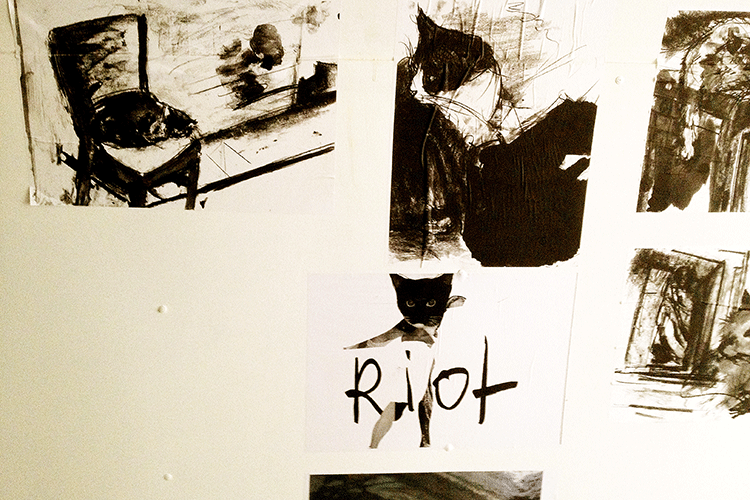
MANIFESTA 10: IN FACT THEY’RE COLONIZED
On June 28, 2014 The European Biennial of Contemporary Art Manifesta10 was launched in St. Petersburg, according to some opinions — the biggest and most controversial art event of the year (according Russian media). St. Petersburg was selected as the venue for this year’s Biennale, partly due to the 250th anniversary of the Hermitage. Tania Arcimovič (critic, «pARTisan» media project editor,), Alaksiej Barysionak (critic, «ArtAktivist» editor) and Volha Šparaha(philosopher, «New Europe» editor) share their impressions about the Biennale, about the strategy of (non) participation (if we can use such tactics speaking about Belarus?), also trying to reflect on the reasons why Belarus is not present in Manifesta
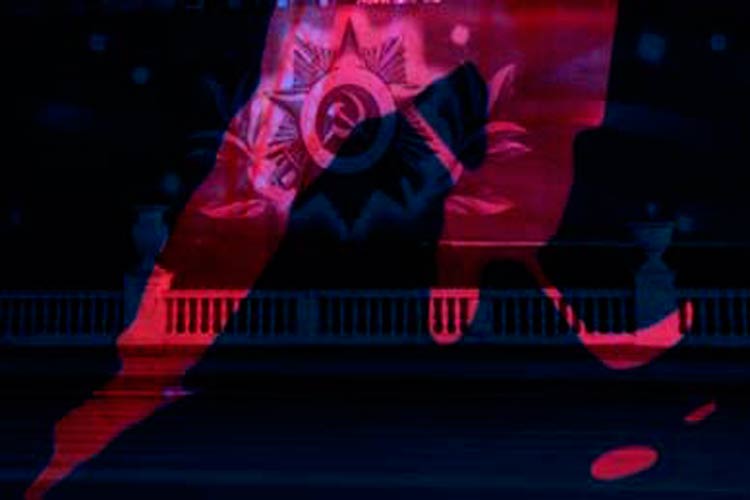
WHAT DID WE GET: THE REPRESSIVE MECHANISM OR FREEDOM?
The discussion «Sport and the Body of the City» was held on May 22, 2014 within the exhibition and discussion project «OFFSIDE». What areas can be identified in the course of the preparation for the World Hockey Championship, and what has changed in the urban landscape during this event?

Belarussian Hockey Opera Buffa: Denouement Unknown
The Ice Hockey World Championship officially kicks off in Minsk on May, 9. Since May 2009, when the venue of the championship was announced, Belarus has been living through this event (with a particular intensity in the last months of preparation). What changes have occurred in the country so far? How is this event perceived by the Belarussians? What lies to the other side of the facade? And what can we expect afterwards?

To Ruin The Schizophrenic Reality
The discussion «Independent Communities in Belarus: Solidarity and Action» took place on March, 11 in Gallery «Ў» (Minsk). The organizers are media-project «pARTisan» and internet-magazine «New Europe». The participants are historian Alaksei Brataćkin, artist Michaił Hulin, artist and writer Artur Klinaŭ, human rights activist Alena Tankaćova, philosopher Volha Śparaha. The moderator of the discussion is Taciana Arcimović.

The political like the personal: Belarusian art ten years later
In 2002, in the first issue of pARTisan magazine an art critic Volha Kapenkina was speculating about the state of contemporary Belarusian art. In particular, she remarked that the Belarusian artist “doesn’t express any clear statements, he neither states nor denies anything”. After 10 years Volha Śparaha give her pointview on the situation in Belarusian contemporary art. Is it change?

Valancin Akudović about Belarusian ‘partisanka’
The notion of partisanka was first voiced ten years ago in the first issue of the almanac «pARTisan». It described not only the state of Belarusian art at that time but also the certain fighting strategy of man for the right to have personal cultural autonomy. The Belarusian philosopher Valancin Akudović was one of the people who supported this «partisan» challenge and, with time, his Ttheory of Absence has become one of the fundamental ideas of partisan philosophy. Therefore, while attempting to answer the question what is partisanka now and what future does it have, pARTisan has addressed Valancin Akudović.

A Stroll along Minsk Following Derrida
My vision is that of a stranger, a child, an individual, who is unable to comprehend what he sees and is scared of architectural ghosts, just like Marcellus was. I would like to discuss the functions of architecture and sculpture in creating a communist state’s auto-mythology, as well as their impact and status in Minsk now that it is a decade since the collapse of the USSR and about a decade since Derrida wrote Les Spectres de Marx.

On the Ruins of Your Own Body
The hackneyed cliche, ‘A scar makes a man more handsome,’ determines what degree of bodily injuries is found acceptable, as a mark of courage and manliness. A scar on a woman’s face or body is a mark of ugliness. Society gives two opposite verdicts on one and the same thing.
J. L. Nancy summed up a complex relationship between the self and the body in a paradox, ‘I never know my own body, nor do I ever know myself as a body… But I know others as bodies’…
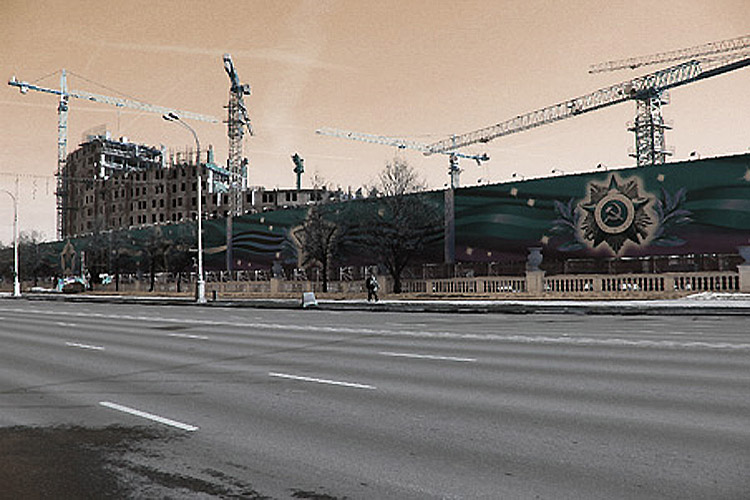
The City of the Gods
This article was written when the construction of the hotel «Kempinski» in Minsk only was planned on the territory on Kastryćnickaja Square. This plan was refused, but the project continued in another place — near the Horkaha Park on banks of Svislać river. So the idea of a green perspective of Minsk Avenue was completely buried . Are Martians already in the city?
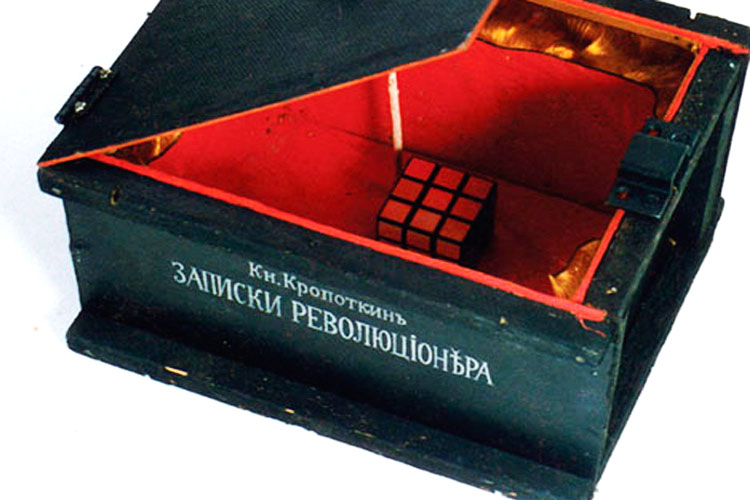
KIM
Kim Chadziejeu or just Kim is the legendary dissident and unique intellectual Minsk Soviet times. It’s a ‘living encyclopedia’ mentor of many talented young Belarusianmen and women that, like gnats, consulted around of him during the 60’s, 70’s, 80’s, 90’s of the last century.

Culture as a Version
Culture is a version. Every individual and every nation have their own version or even a few versions that can either agree or clash. The Belarusians for instance have several cultural versions varying in their complexity and consistency.
There can be native and alien cultures. Their versions emerge, grow, develop, maintain themselves and vanish either in the course of nature or driven out by other versions. A war of versions is not a rare thing to happen.
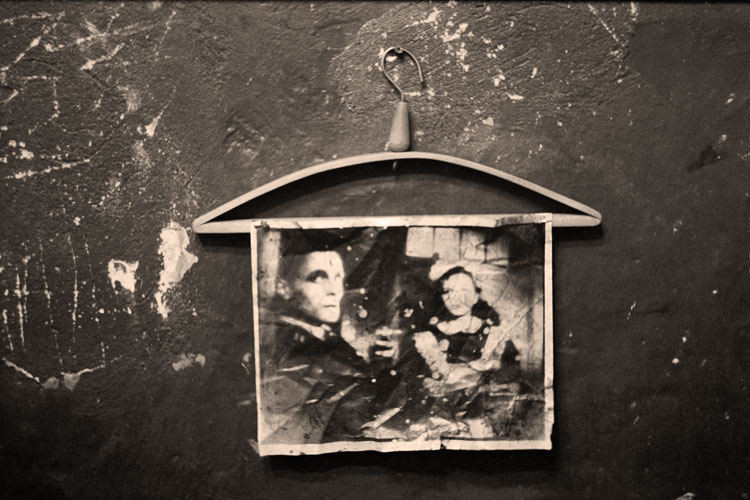
PARTISAN and ANTIPARTISAN
Partisan and Antipartisan by Artur Klinau features the mythologeme of the partisan as a unique cultural hero in Belarus. The author reveals the actual relation of the partisan as a real referential cultural hero to his simulacrum, i.e. the Great Partisan as a warrior god of Soviet mythology.
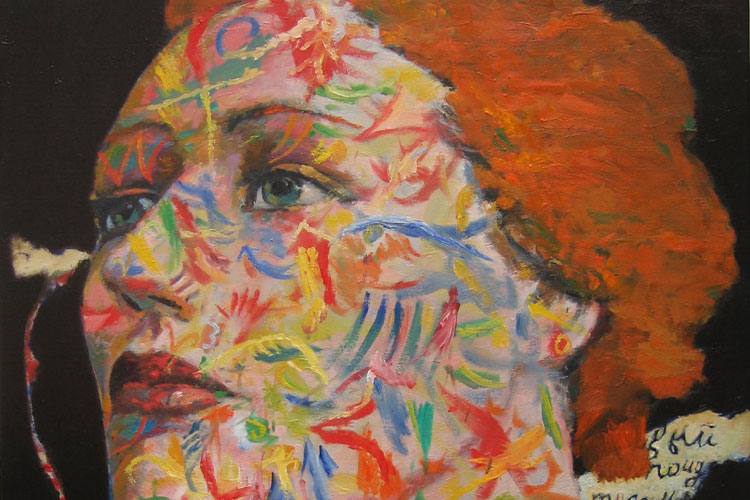
Apologists of Absence
Presentation by Valiancin Akudovic about a ‘partisan’ idea as a one of the main feature of Belarusian mentality. Conference in Clermont-Ferrand, France, May 7, 2003



